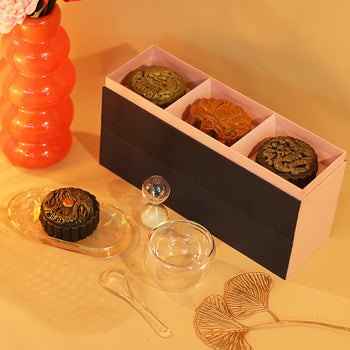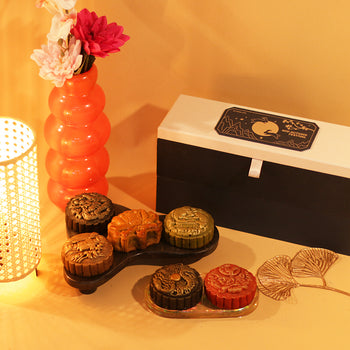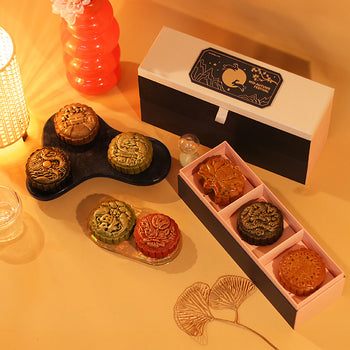- PETANITOTO adalah situs slot online terpercaya yang menawarkan bonus deposit terbesar, free spin melimpah, serta game slot gacor dengan RTP tinggi setiap hari. Nikmati pengalaman bermain yang stabil, transaksi cepat, dan pilihan provider terlengkap seperti Pragmatic, PG Soft, Habanero, serta Joker. Daftar sekarang untuk klaim promo eksklusif dan raih peluang jackpot lebih mudah di PETANITOTO.
- PETANITOTO adalah situs slot online terpercaya yang menawarkan bonus deposit terbesar, free spin melimpah, serta game slot gacor dengan RTP tinggi setiap hari. Nikmati pengalaman bermain yang stabil, transaksi cepat, dan pilihan provider terlengkap seperti Pragmatic, PG Soft, Habanero, serta Joker. Daftar sekarang untuk klaim promo eksklusif dan raih peluang jackpot lebih mudah di PETANITOTO.












